Non-Technical Summary
This paper analyses whether investors gain additional information about conditions in the corporate sector at times of changes in sovereign ratings, as delivered by credit rating agencies. In principle, one could assume that there is indeed valuable information in rating changes.
These events, in fact, inform market participants about the credit risk of sovereigns and the probability of default of sovereigns ultimately a§ects the whole economy. In measuring the connectedness between sovereign and corporate risks we depart somewhat from the existing literature by focusing on the e§ects of the rating changes per se, i.e. by considering market reactions only in the proximity of the rating changes and thus excluding from the analysis the standard transmission channel between sovereign and corporate risk.
To test out hypothesis that sovereign rating changes deliver information to market participants we look at all downgrades delivered by the three main rating agencies (Fitch, Moody’s and Standard & Poor’s) between 2006 and 2018 for the euro area countries. In this way we end up with a large enough number of events, occurred especially during the euro-area sovereign debt crisis (2010-2012), to enhance the statistical signiÖcance of the analysis.
Overall we Önd that, after controlling for several macro and Önancial market variables, as well as for the level of sovereign risk (as captured by sovereign Credit Default Swaps) the delivery of a sovereign downgrade has had a negative spillover to the euro area corporate credit risk, measured by corporate Credit Default Swap spreads. In addition, the sovereign downgrades which had the strongest e§ects on euro-area corporations were those delivered to core economies (Austria, Finland, France, Belgium and the Netherlands) while the e§ects of the downgrades to the countries most a§ected by the 2010-2012 sovereign debt crisis (Greece, Ireland, Italy, Portugal and Spain) by and large remained conÖned to corporations located in these countries, with no or little spillover to core euro area economies.
Finally, making use of the large set of corporations in our sample, we also ECB Working Paper Series No 2740 / October 2022 2 evidence that corporations which are most exposed to a sovereign downgrade are those with strong links with the sovereign, a business model oriented to the domestic economy and a rating close to that of the sovereign.
Download PDF Here – Working Paper
 Lagos, NG • GMT +1
Lagos, NG • GMT +1











 265 views
265 views

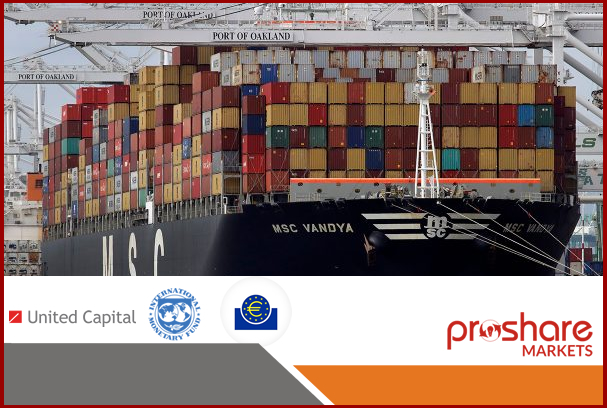
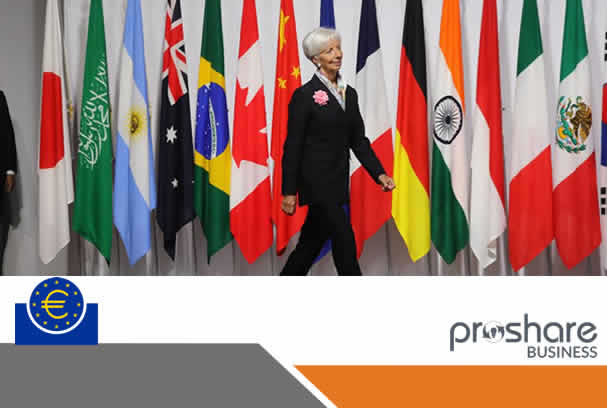
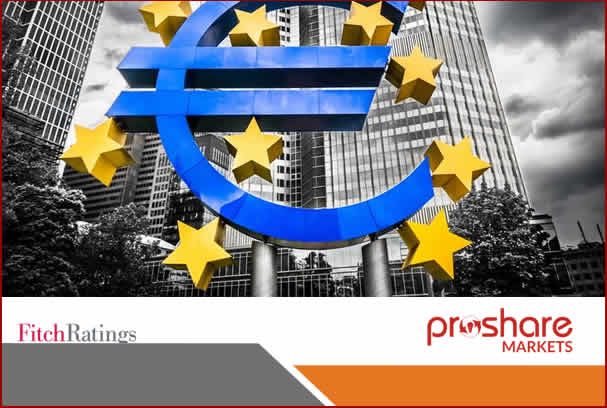
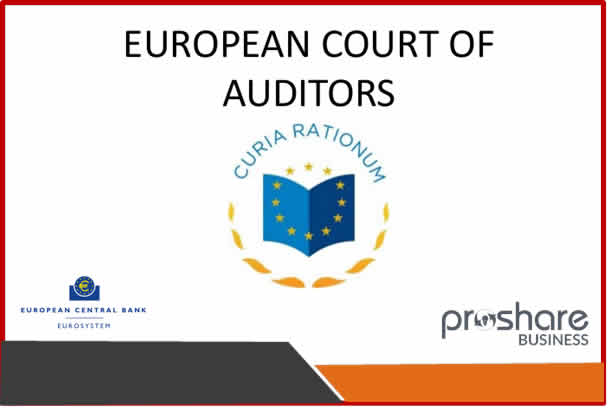

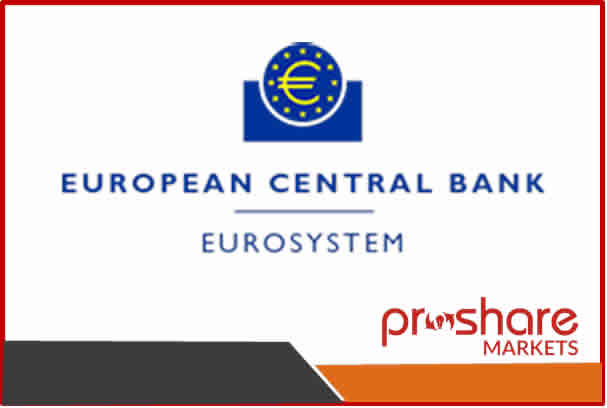





 Sponsored Ad
Sponsored Ad
 Advertise with Us
Advertise with Us









